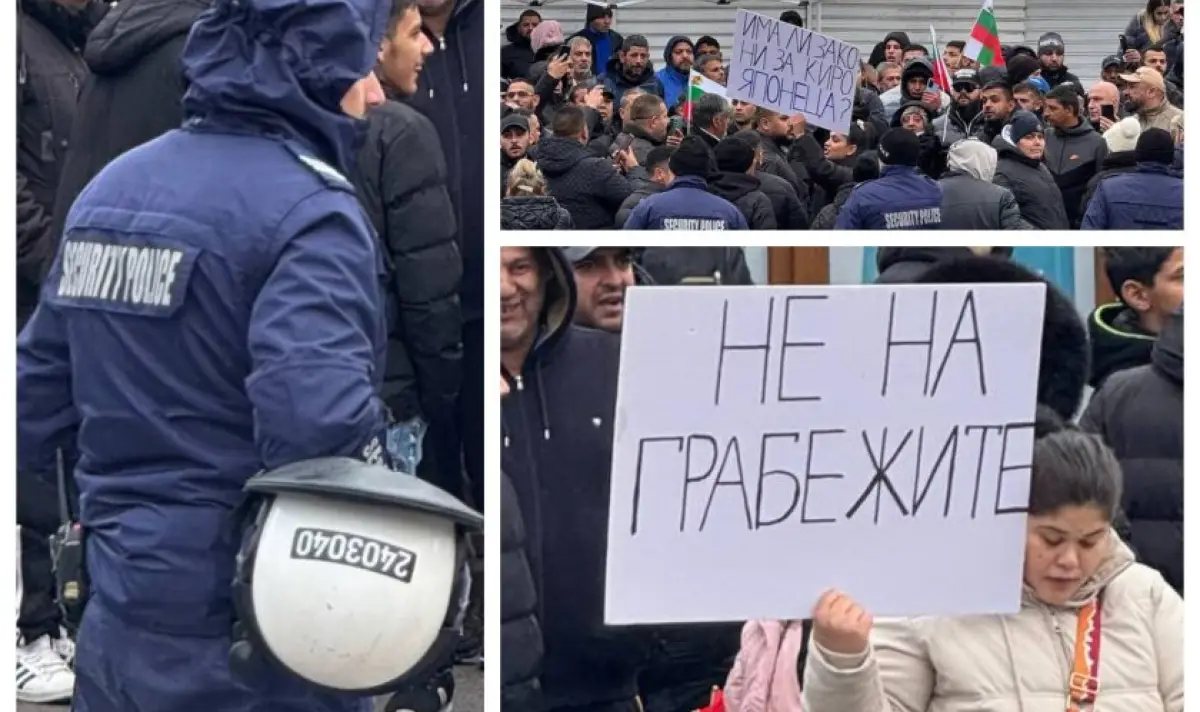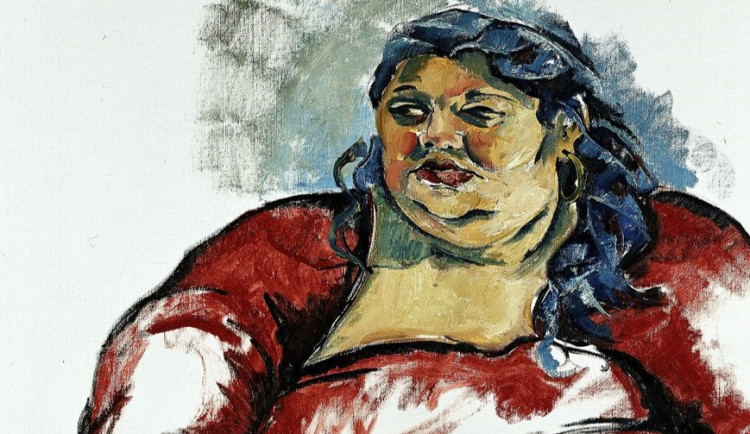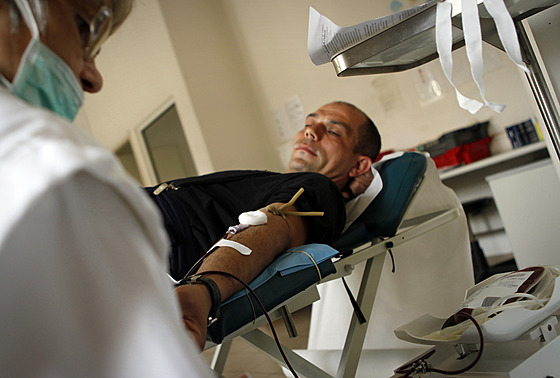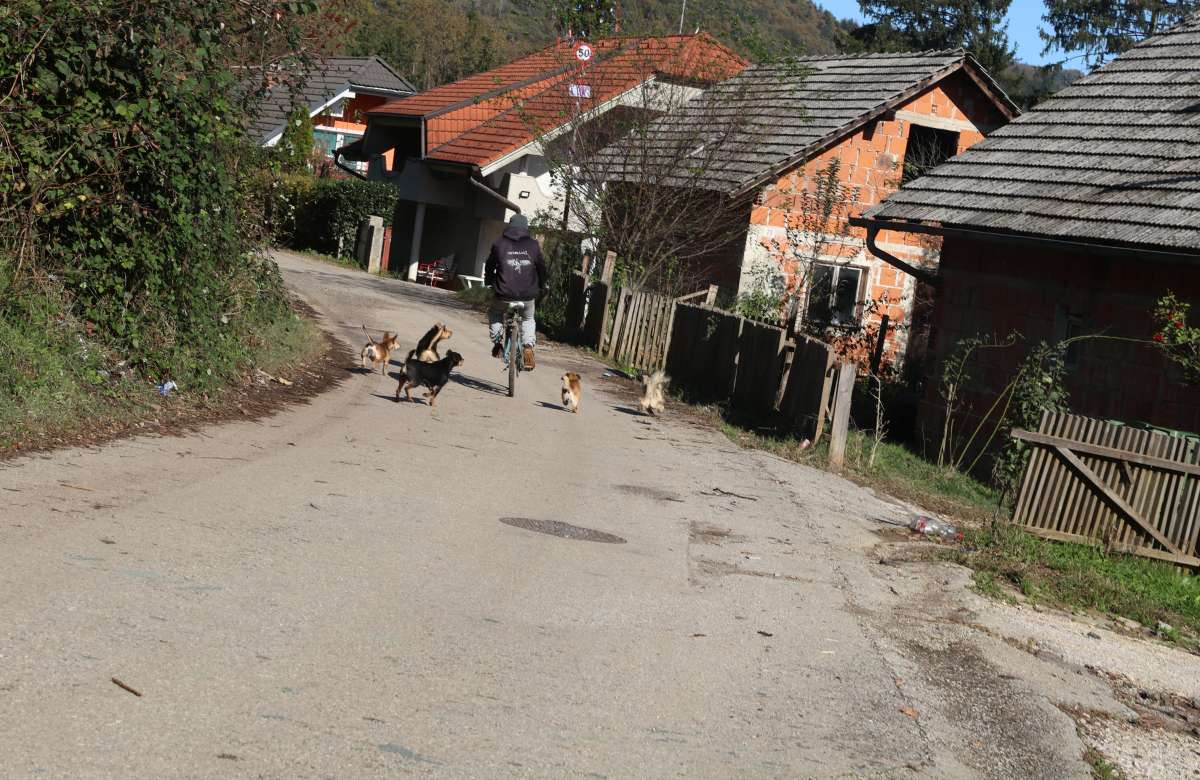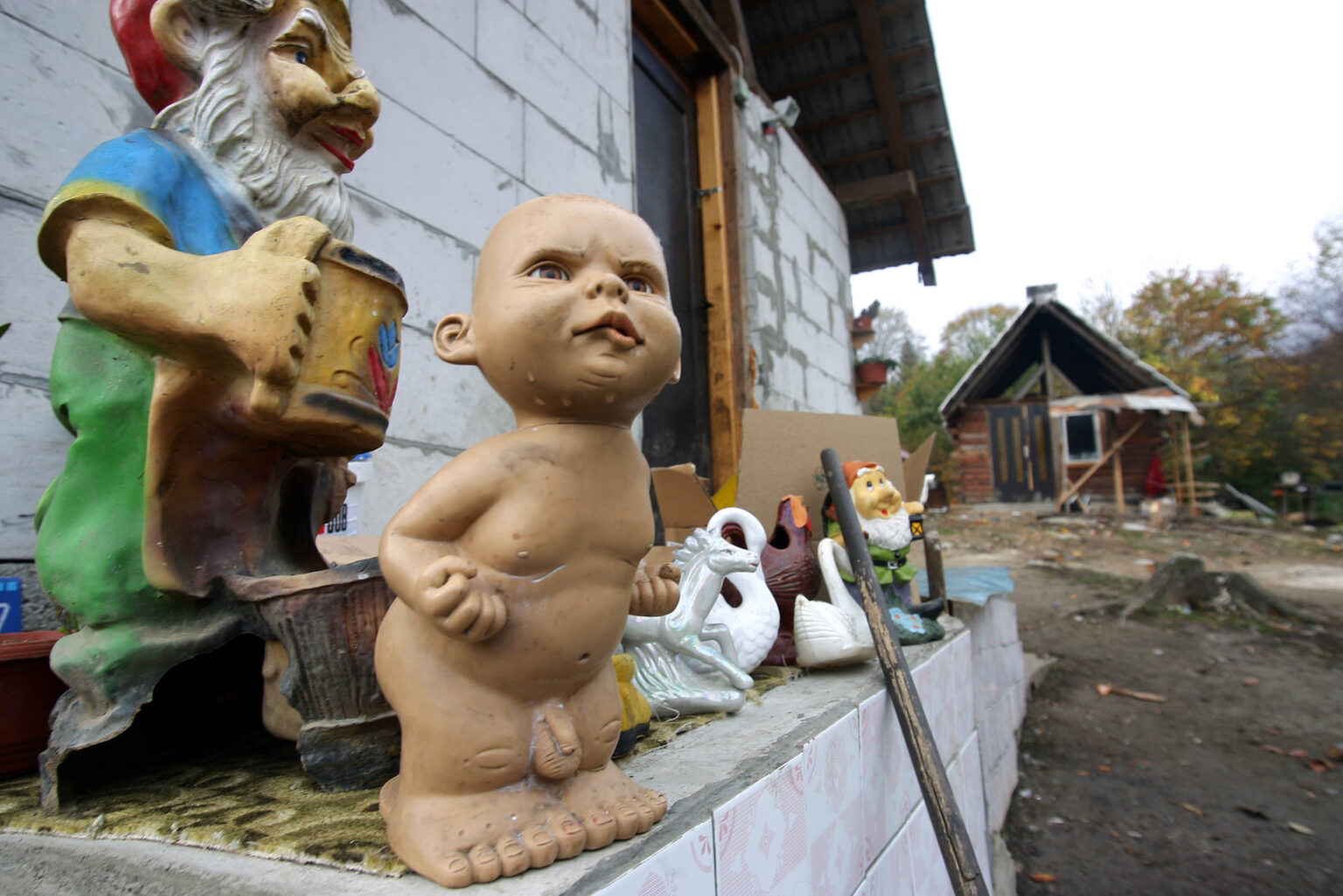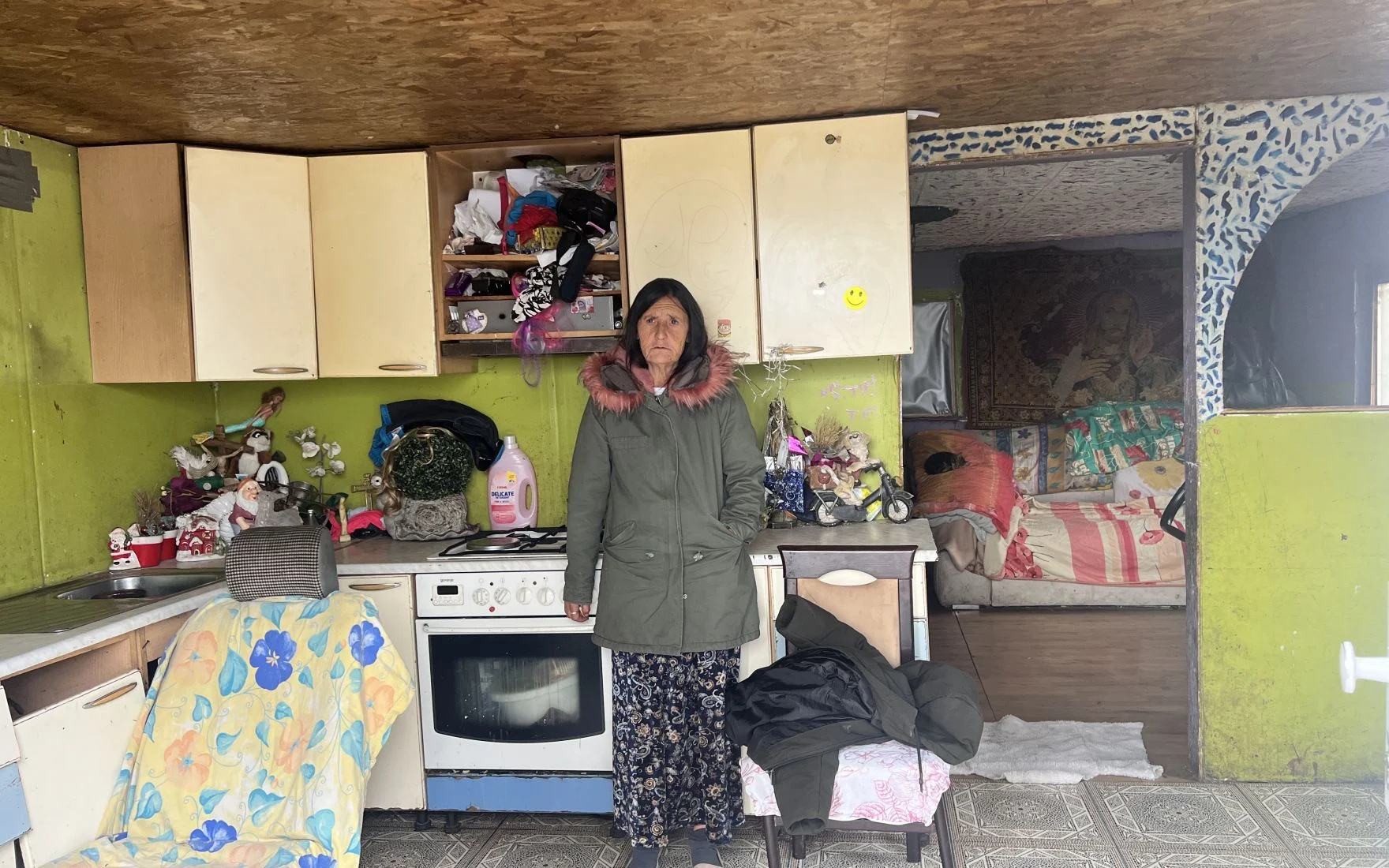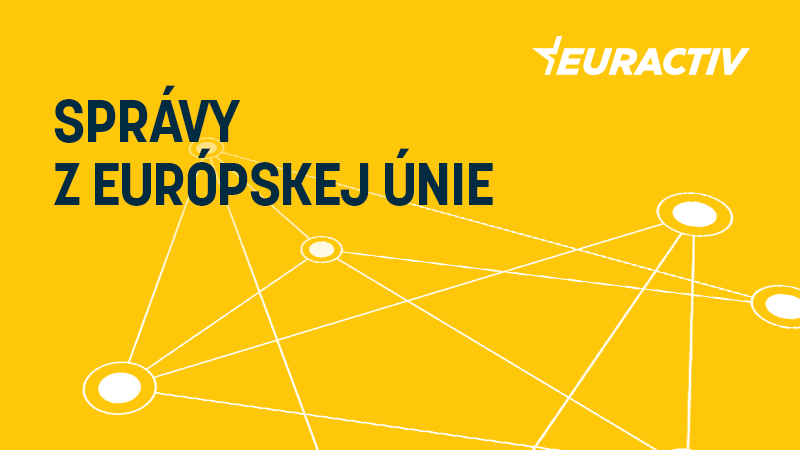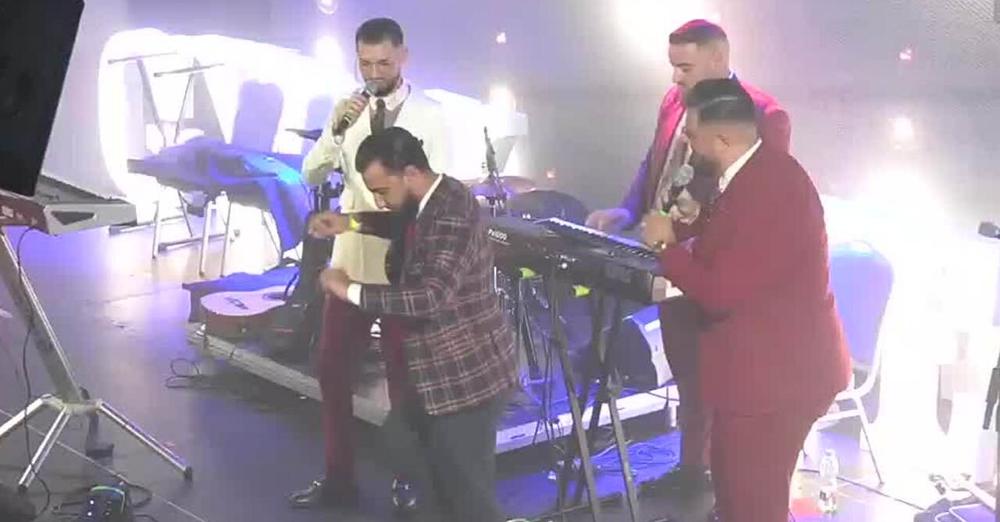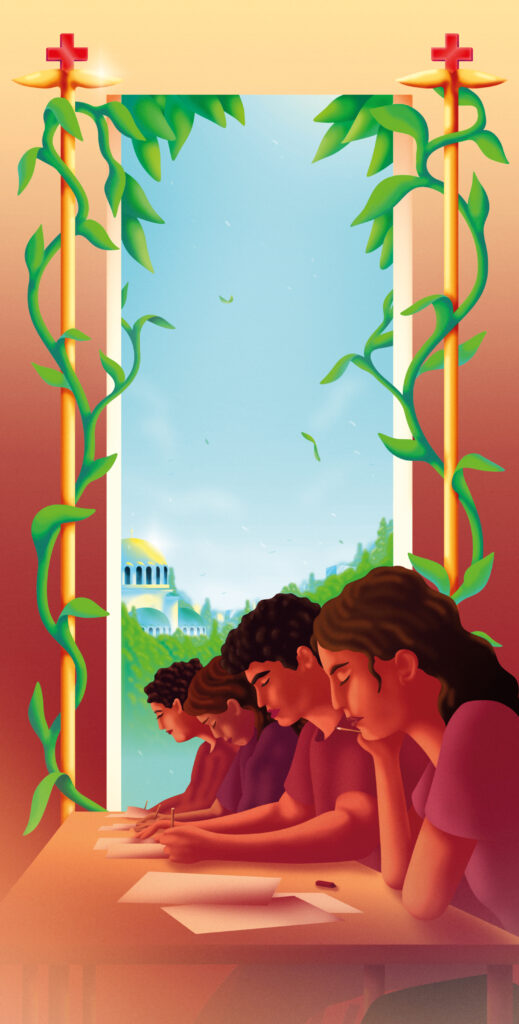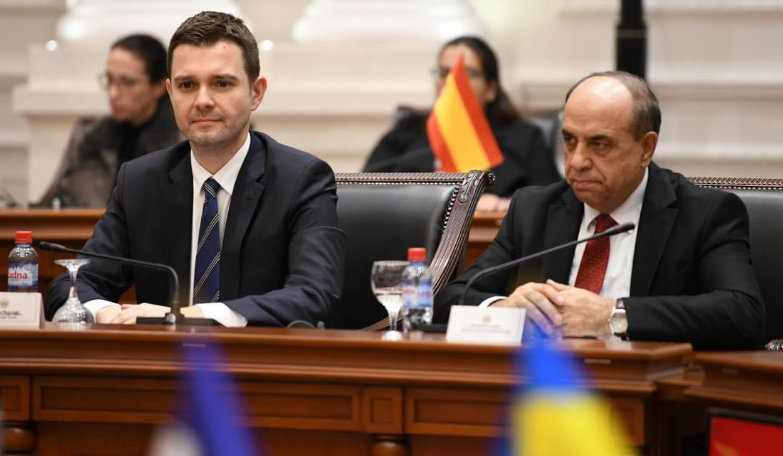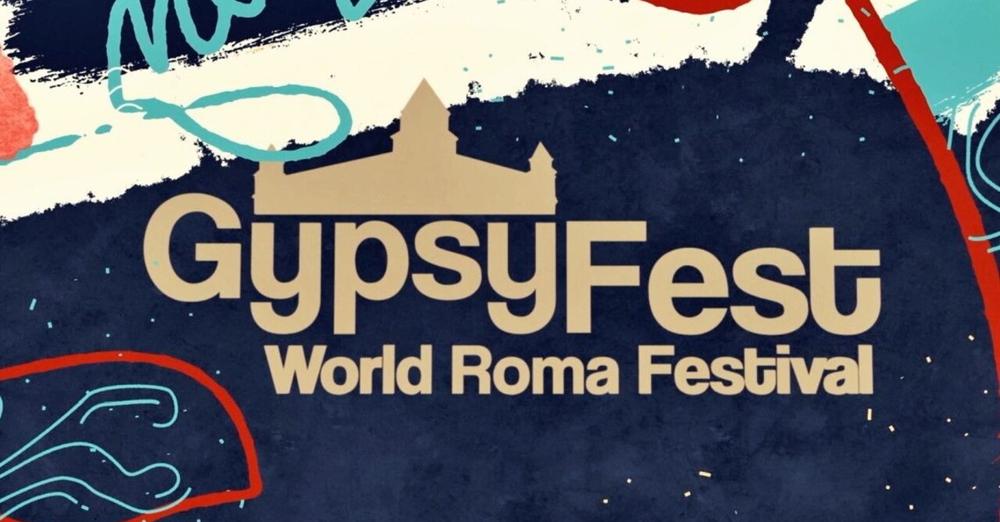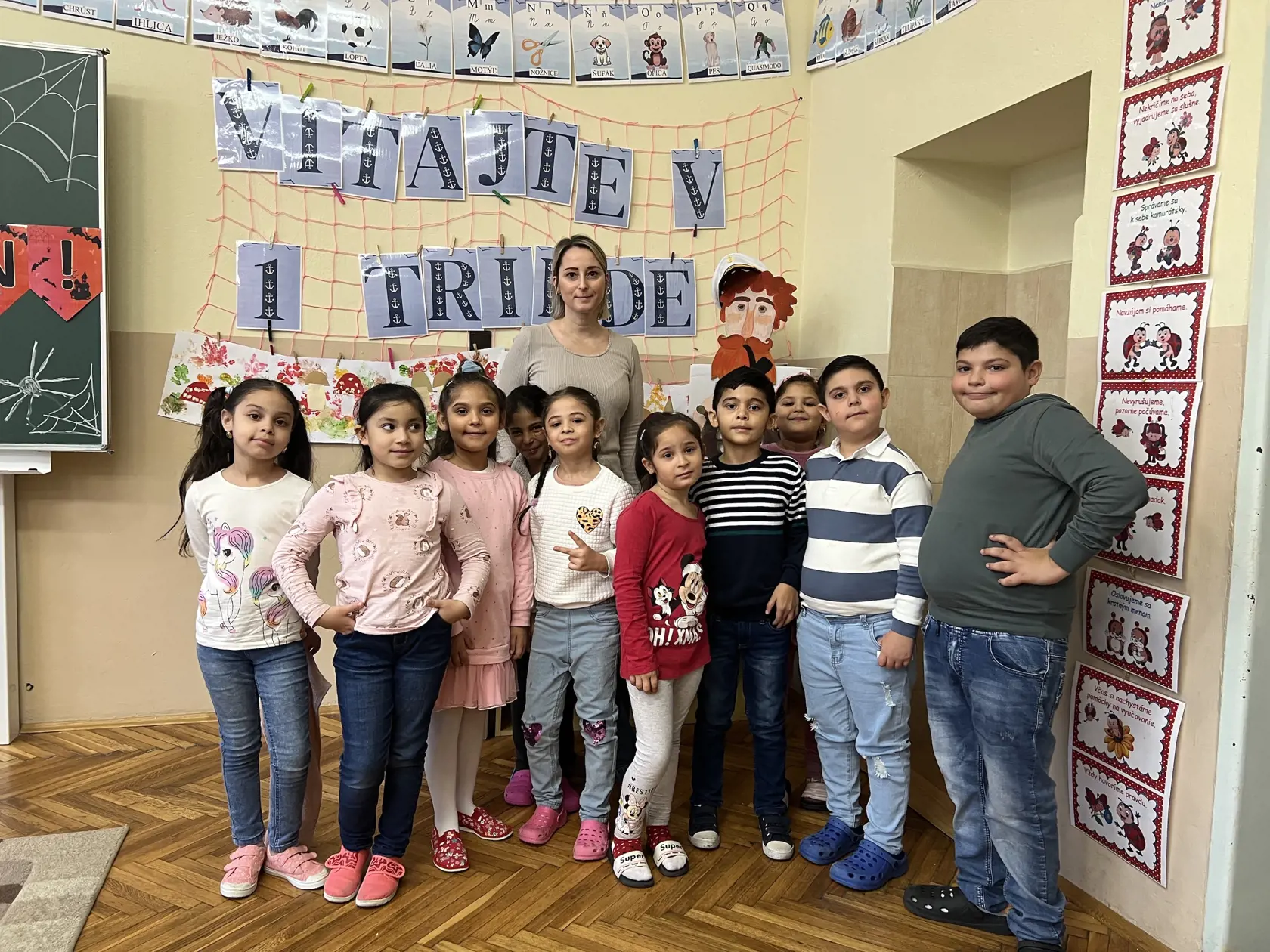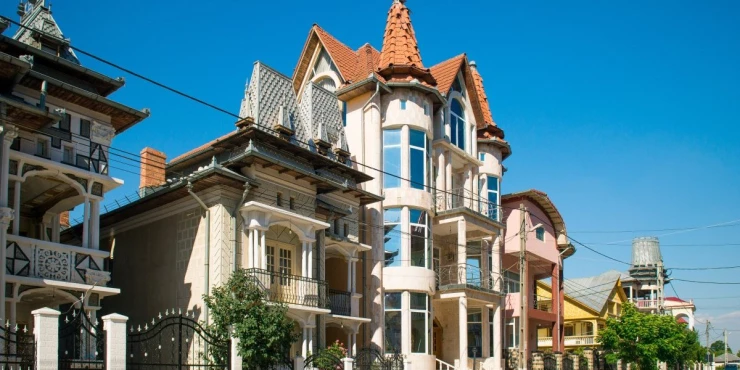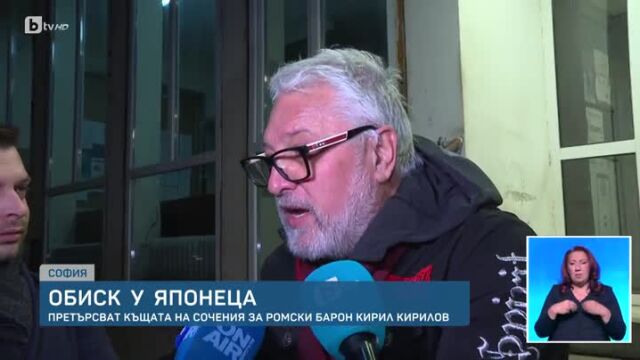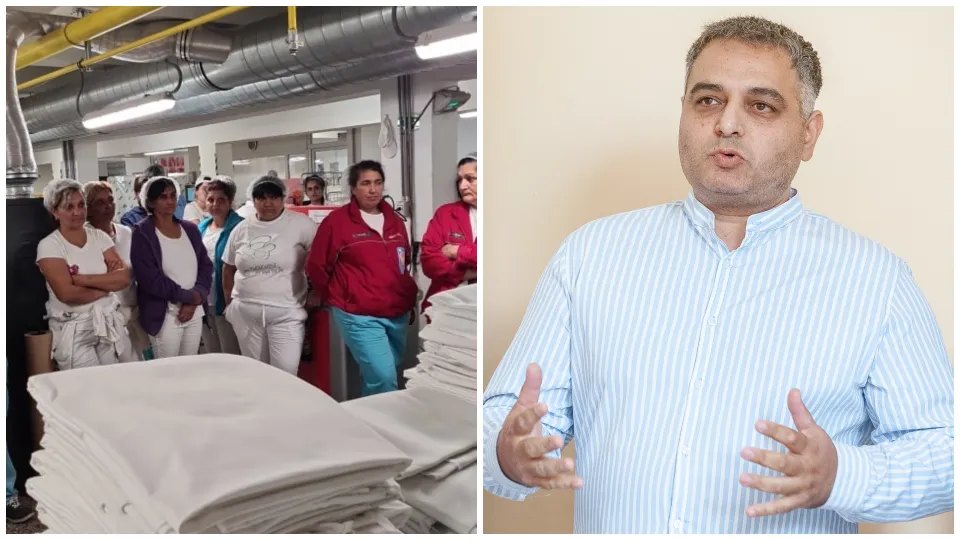Residents of the Roam neighbourhood of Fakulteta in Sofia have been protesting against Kiril Kirov – known as Kiro the Japanese. The protestes claim that for years Kirov and his family have been harassing the residents of the neighbourhood, extorting them and forcing them to leave their homes, even to emigrate abroad. According to the protesters, the Japanese’s associates were distributing drugs in the neighbourhood, beating and even raping women.
- “Факултета” скочи на протест срещу Киро Японеца ВИДЕО. In: Fakti. 01.12.2024. https://fakti.bg/bulgaria/931735-fakulteta-skochi-na-protest-sreshtu-kiro-aponeca-video
